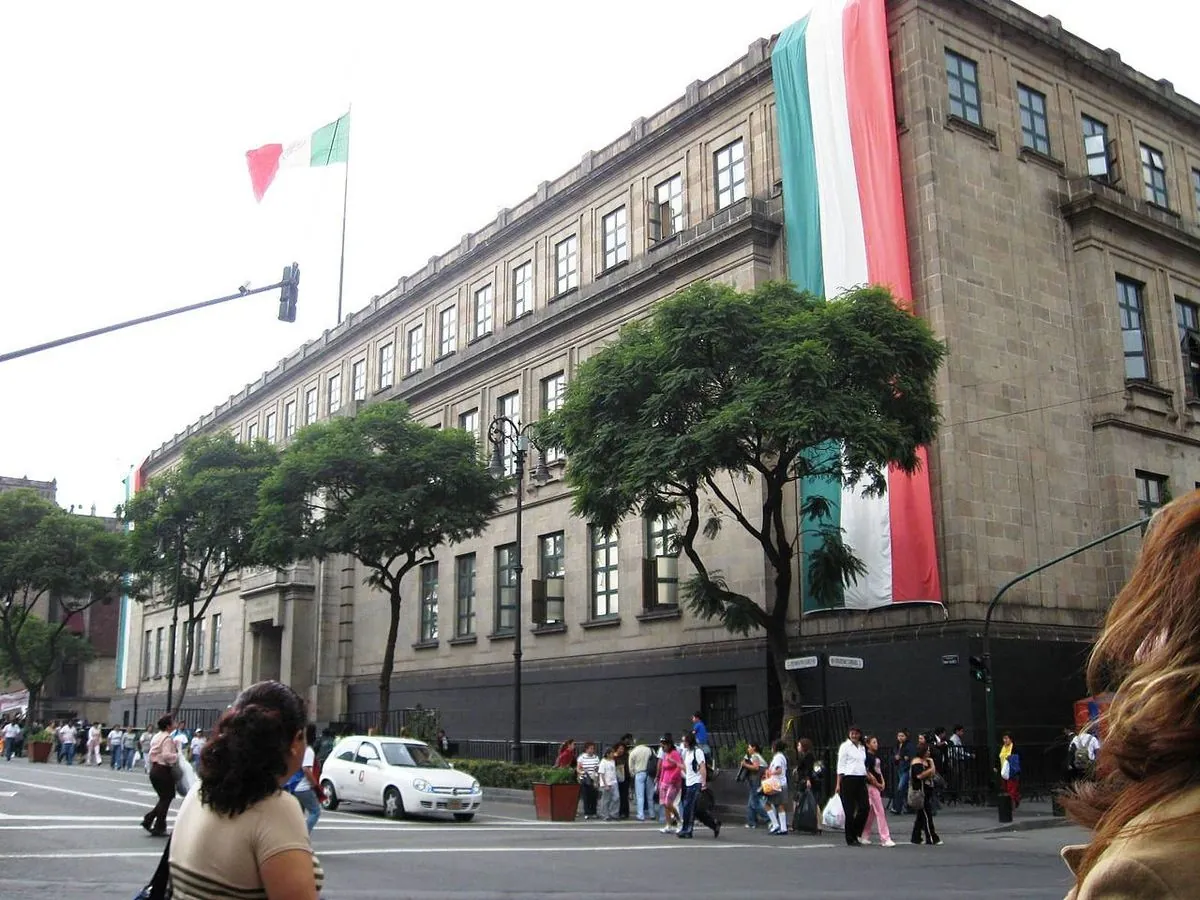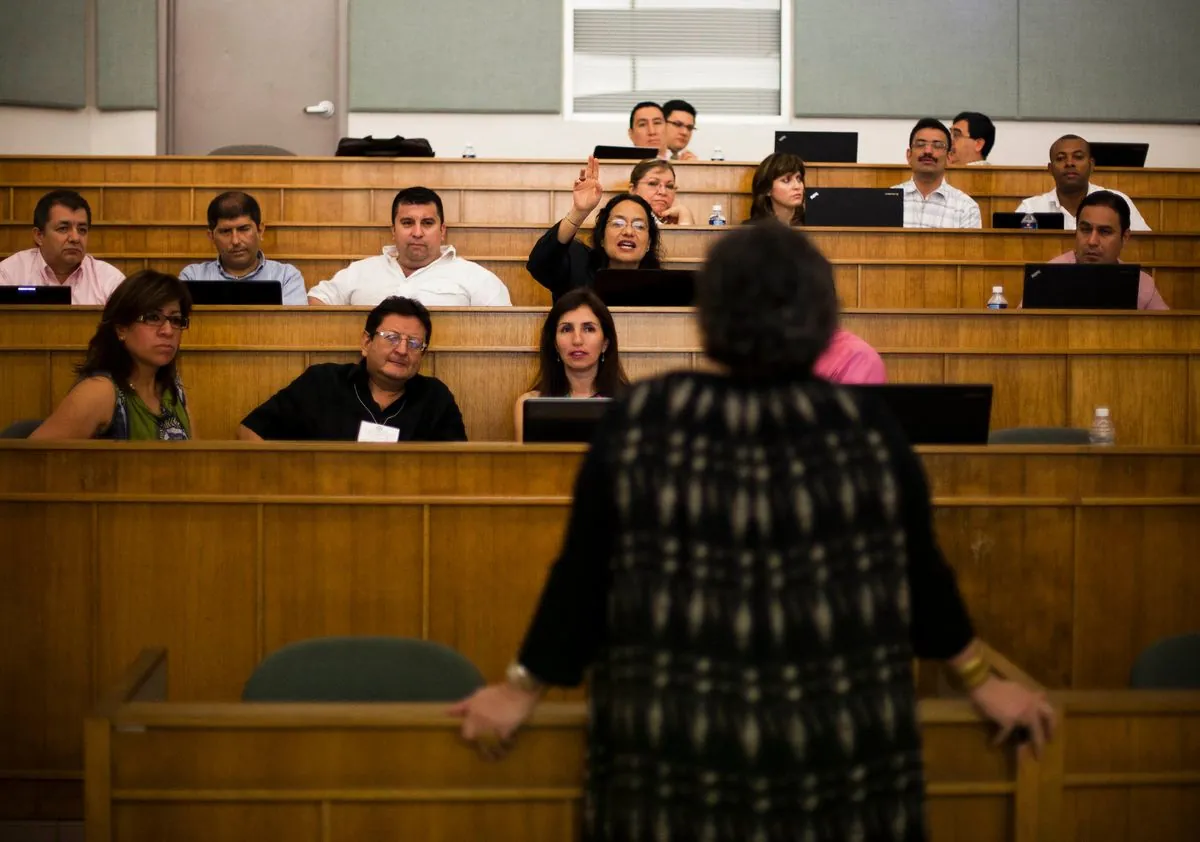U.S. and Canadian Diplomats Warn Against Mexico's Proposed Judicial Reform
Top U.S. and Canadian diplomats in Mexico express concerns over proposed judicial reform, citing risks to democracy and investor confidence. The reform, set for a September vote, faces criticism amid economic uncertainties.

Ken Salazar, the U.S. Ambassador to Mexico, has voiced strong concerns regarding Mexico's proposed judicial reform, warning of potential risks to the country's democratic processes and its crucial trade relationship with the United States. The reform, scheduled for a congressional vote in September 2024, suggests implementing popular elections for judges, including Supreme Court justices.
Salazar stated, "Based on my lifelong experience supporting the rule of law, I believe popular direct election of judges is a major risk to the functioning of Mexico's democracy." He emphasized that such a system could make the judiciary more susceptible to influence from organized crime and erode confidence in Mexico's legal framework.

The ambassador's comments represent the most forceful critique to date from Mexico's largest trading partner, signaling escalating tensions between the two nations over this issue. The United States-Mexico-Canada Agreement (USMCA), which replaced NAFTA in 2020, underscores the importance of maintaining strong economic ties in the region.
Graeme Clark, the Canadian Ambassador, echoed these concerns at a recent event, highlighting investor apprehensions about the proposed changes. Clark noted, "My investors are concerned, they want stability, they want a judicial system that works if there are problems."
Mexico, with the second-largest economy in Latin America and the 15th largest globally by nominal GDP, has much at stake. The country's membership in the OECD since 1994 and its position as a key player in North American trade make the stability of its judicial system crucial for continued economic growth and foreign investment.
"I think Salazar has not read the reform all the way through."
Ricardo Monreal, a senator from Mexico's ruling party, defended the reform, suggesting that Salazar may not have fully understood the proposal. He pointed out that judges are elected in several U.S. states, drawing a parallel to the proposed Mexican system.
The incoming President, Claudia Sheinbaum, who is set to take office in October 2024, has expressed support for the judicial proposal initiated by outgoing President Andres Manuel Lopez Obrador. The reform aims to combat impunity and corruption by allowing public participation in the selection of judges through elections proposed for 2026 and 2028.
However, financial markets have reacted negatively to the proposed changes. The Mexican Stock Exchange, the second-largest in Latin America, experienced a 0.6% decline, while the Mexican peso, the 15th most traded currency globally, depreciated by about 1% following the announcements.
As Mexico, with its population of approximately 130 million, grapples with this significant potential change to its judicial system, the international community watches closely. The outcome of this reform could have far-reaching implications for Mexico's democracy, its economy, and its relationships with key trading partners in North America.


































